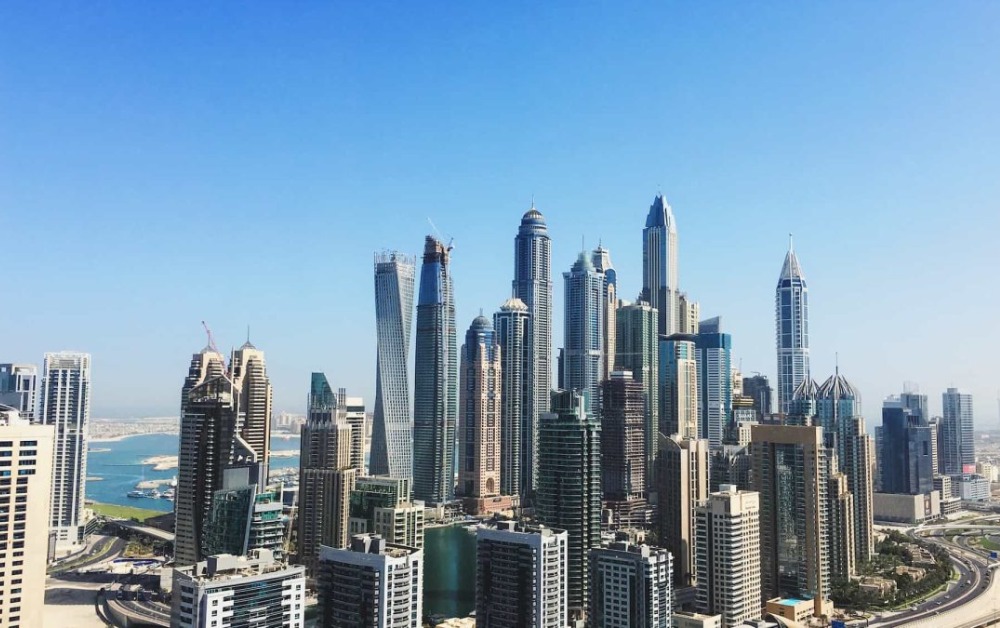Dubai has become a global hotspot for real estate asset, attracting buyers from across the world with its luxurious lifestyle, strategic location, and tax-free returns. For non-residents interested in stepping into this lucrative market, the option of taking out a mortgage makes property ownership more accessible. But how safe is it for a non-resident to invest in Dubai real estate with a mortgage? This article explores the safety, risks, benefits, and practical considerations of opting for a non-resident mortgage Dubai.

1. Dubai’s Investor-Friendly Property Laws
Dubai has progressively opened its property market to foreign investors, especially in freehold zones such as Downtown Dubai, Dubai Marina, Palm Jumeirah, and Jumeirah Lake Towers. These areas allow non-residents full ownership rights, including the ability to buy, sell, lease, and mortgage property.
The legal structure surrounding property transactions in Dubai is transparent and regulated by the Dubai Land Department (DLD) & the Real Estate Regulatory Agency (RERA). This provides non-resident investors with legal protection similar to that offered to local residents.
Safety Verdict: Dubai’s clear ownership laws and regulatory bodies make property investment legally secure for non-residents.
2. Availability of Non-Resident Mortgages
Dubai banks and financial institutions offer non-resident mortgage products, albeit with slightly more restrictions compared to residents. Leading banks typically provide loans covering 50–60% of the property’s value, allowing investors to leverage their capital efficiently.
While non-residents may face higher interest rates and stricter eligibility criteria, working with experienced mortgage brokers can ease the process. Many brokers also have access to international lending partners and tailored products designed for overseas investors.
Safety Verdict: Mortgage options for non-residents are reliable and widely available, though professional guidance is recommended.
3. Currency and Remittance Considerations
For non-resident investors earning in foreign currencies, fluctuations in exchange rates can impact mortgage repayments. Moreover, the remittance of funds for down payments, EMIs, and maintenance needs to comply with local banking regulations and home-country laws.
To mitigate currency risk, some investors choose fixed-rate mortgage plans, while others open UAE-based bank accounts to streamline payments.
Safety Tip: Monitor exchange rates and choose stable, predictable repayment terms to protect your investment from currency volatility.
4. Risk of Property Value Fluctuations
Like all real estate markets, Dubai experiences fluctuations in property values based on supply, demand, government policies, and macroeconomic conditions. Investors who rely heavily on leverage (borrowed money) must be cautious, as property devaluation can lead to negative equity—owing more than the asset is worth.
However, with Dubai’s increasing population, tourism growth, and Expo 2020 legacy, the real estate market is expected to continue resilient in the long term.
Safety Tip: Invest in well-established areas with strong rental demand and long-term value stability.
5. Rental Yields and ROI
Dubai provides one of the highest rental yields in the world, often ranging between 5–8% annually in popular neighborhoods. This makes mortgage-financed property ownership a smart move, as rental income can help offset monthly mortgage payments and maintenance costs.
For non-residents, this passive income stream can be especially attractive, allowing them to build wealth in a stable and tax-friendly environment.
Safety Verdict: High rental yields improve ROI and add a layer of financial security to mortgage-backed investments.
Legal Protections and Default Scenarios
Dubai law protects both lenders and borrowers through a structured foreclosure process. If a mortgagor defaults on a mortgage, the lender must go through legal channels, including court proceedings, to repossess the property. This provides some breathing room for borrowers to resolve financial difficulties or restructure their loans.
Still, it’s critical to understand the legal implications and have contingency plans in case of job loss, currency crisis, or sudden income drop.
Safety Tip: Always read your mortgage contract carefully and work with a legal or financial advisor to understand your rights.
6. The Role of Mortgage Brokers
Non-residents often find it challenging to navigate Dubai’s real estate and banking landscape from abroad. A reliable mortgage broker simplifies the process by:
- Finding the best bank offers
- Ensuring documentation is correctly submitted
- Advising on the safest mortgage products
- Handling communication between all parties
Choosing a broker who specializes in non-resident mortgage Dubai solutions adds a critical layer of safety to your property investment journey.
Safety Verdict: A trusted mortgage broker acts as your eyes and ears on the ground—ensuring a safe and seamless experience.

Final Thoughts
Investing in Dubai property as a non-resident with a mortgage is safe—provided you take the right precautions, understand the terms, and work with knowledgeable professionals. The combination of favorable laws, strong ROI potential, and growing infrastructure makes Dubai a reliable choice for international investors.
Ready to invest safely in Dubai property from abroad?
Premier Wealth Financing Broker specializes in helping non-residents secure tailored mortgage solutions with confidence and clarity—ensuring your property investment journey is secure and stress-free.




